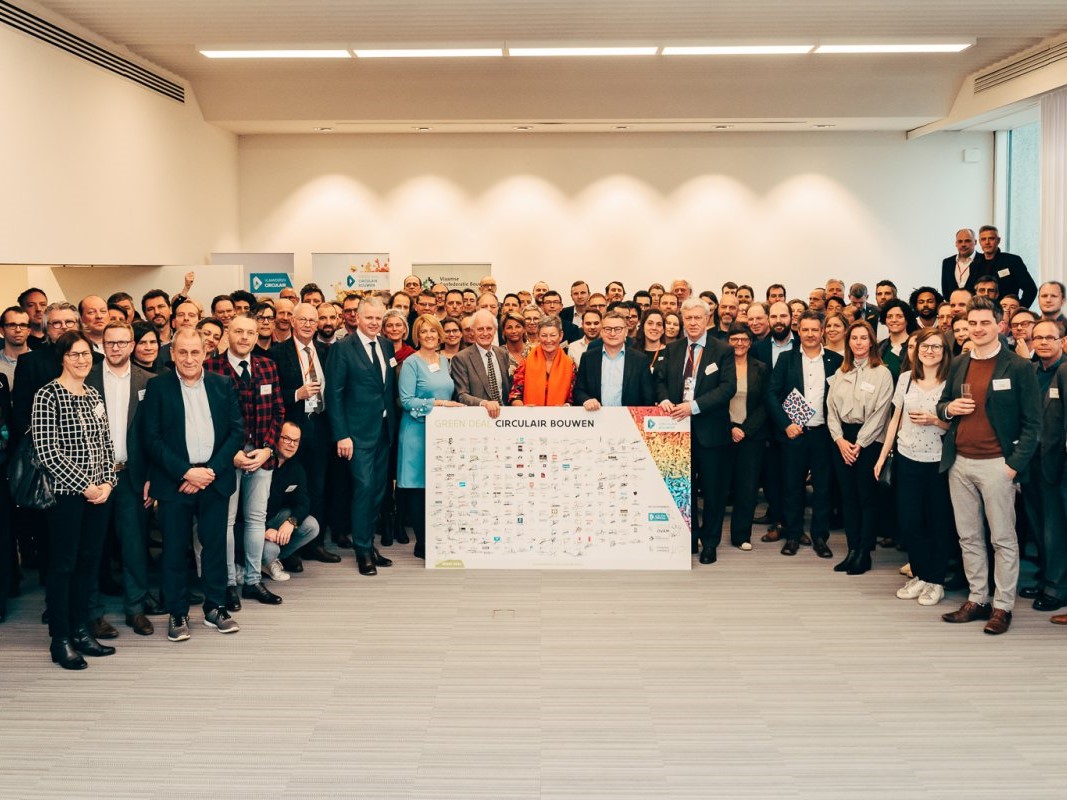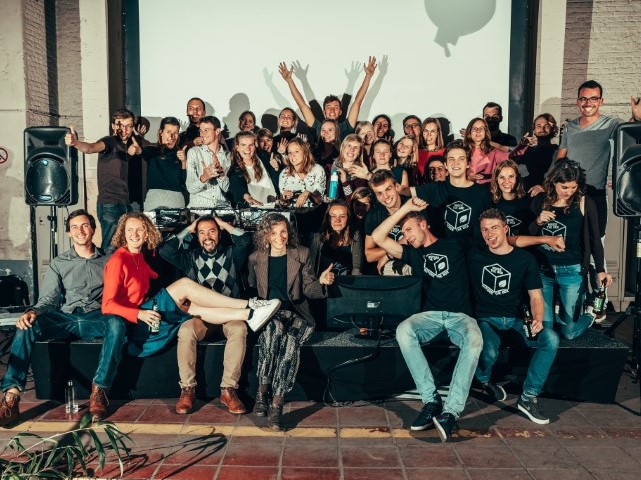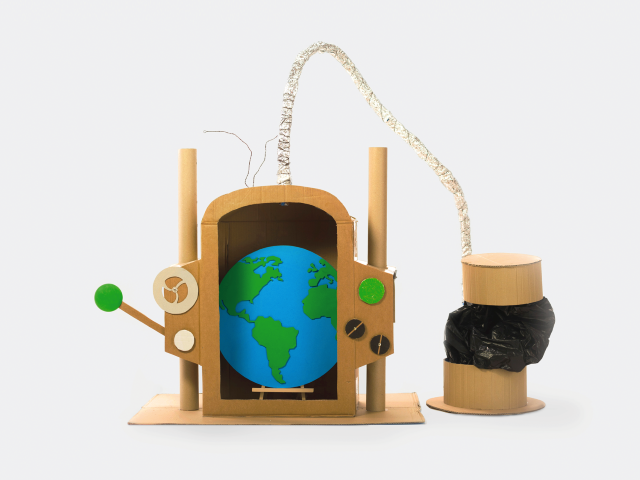Topics
We organise our actions in six thematic & strategic agendas:
Strategic Agendas:
Bio-economy
Circular Construction
Chemicals/Plastics
Manufacturing Industry
Food Chain
Water Cycles
Seven leverages provide additional support:
Leverage effects:
Lever Policy Instruments
Lever Circular Procurement
Lever Communication
Lever Innovation & Entrepreneurship
Lever Financing
Lever Jobs & Skills
Lever Research
What, why and how?
Why are we pursuing a circular economy?
Future visions 2050
How do we see our circular future?
About our management
Who steers what at Flanders Circular?
Completely closing the loop as a single company is no easy feat. A circular economy typically requires new partnerships between companies, which often come as a surprise and pass through the entire value chain and across sectors. Rethinking business models and creating new, added value are at the heart of transitioning to a circular economy. And with that in mind, there are several levers we are committed to pursuing.
Green Deal on Circular Construction
Construction is one of Flanders’ major themes, if anything, simply because of the sector's huge material impact. It's for this reason that we opted to draw on our experiences with the Green Deal on Circular Procurements to start up a Green Deal on Circular Construction. Within that framework, we develop and share experiences and knowledge with each other. The objective is to have a self-sustaining system in place in four years’ time that definitively embeds circular construction as good practice.

Developing Levers
What are the obstacles to a circular economy? Or to put a more positive spin on it, what are the levers that can boost a circular economy? Several of these obstacles or levers are something we're aware of in theory but often haven’t been tested yet in a reality that’s often hard to get a fix on. In the case of innovation (policy), this practical test is desperately needed. Field testing makes it possible to arrive at know-how that's applicable – as a group – based on what works and what doesn’t. This practice-oriented approach is our main approach to levers.

Jobs & Skills
So, how do we prepare both the current and the future labour markets for a circular economy? It’s something we’re exploring via our 'jobs and skills’ development path. We are firmly committed to enriching training programmes and giving their students extra competencies and the desire to implement a circular economy.

Ecodesign
The circular economy requires a different approach and design when it comes to products, processes and systems. That's why ecodesign is a logical first step in any circular business model.


















